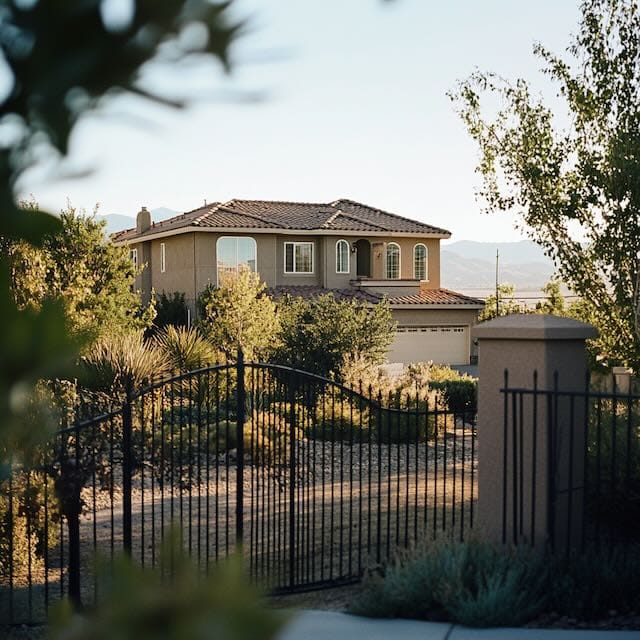Disputes Over Seller Disclosures in Nevada Real Property Sales

In Nevada, real property sales can lead to disputes when sellers fail to properly disclose known defects in the property. These issues are governed by NRS Chapter 113, which outlines the seller's obligations to disclose such defects and the legal consequences of failing to do so. When a dispute arises, buyers may seek legal remedies, while sellers may have defenses to these claims.
Seller Disclosure Obligations Under NRS Chapter 113
Nevada law requires sellers to disclose known defects that materially affect the value or use of a property. NRS 113.130 mandates that sellers provide a Seller’s Real Property Disclosure (SRPD) at least 10 days before closing. This document should detail issues like structural damage, leaks, pest problems, or other significant defects.
If a seller fails to disclose these known defects, they may face legal claims such as breach of contract, fraud, or negligence - potentially leading to financial liability.
Common Legal Claims in Disclosure Disputes
Several legal claims can arise when a seller fails to disclose property defects:
- Failure to Comply with NRS 113.130: If a seller omits or fails to provide the SRPD, they may be held liable. Buyers can recover repair costs, and in cases of intentional non-disclosure, NRS 113.150 allows for treble damages (three times the repair costs).
- Breach of Contract: The purchase agreement governs real estate transactions, and failing to disclose defects can result in a breach of contract claim. An experienced contract law attorney in Reno can assist with navigating these disputes and ensuring your rights are protected.
- Misrepresentation: When a seller knowingly provides false information or conceals defects, they can be liable for fraudulent misrepresentation. Buyers can file claims if they relied on incorrect information during the sale process. A skilled litigation attorney can help clients pursue such claims.
- Negligence: Even unintentional failures to disclose can lead to liability if the seller did not exercise reasonable care in disclosing property conditions.
Defenses for Sellers in Disclosure Disputes
Sellers have several defenses available when facing claims related to non-disclosure:
- Statute of Limitations: Under NRS 113.150, buyers must file claims within two years of discovering a defect or one year after the sale, whichever is later. Consuling a litigation attorney in Reno can help determine if the claim is time-barred.
- Waivers and "As-Is" Sales: While some sales contracts include "as-is" clauses that limit seller liability, sellers are still required to disclose known defects.
- Unclean Hands: If the buyer contributed to the issue or failed to perform due diligence, this defense may reduce or eliminate the seller’s liability.
Remedies for Buyers
Buyers who successfully prove their claims in a disclosure dispute can seek several remedies:
- Compensatory Damages: Buyers can recover costs associated with repairing defects or diminished property value due to undisclosed issues.
- Treble Damages: If the seller’s non-disclosure was intentional, NRS 113.150 allows buyers to seek three times the repair costs.
- Attorney’s Fees: Courts may also award attorney’s fees to the prevailing party in these disputes.
Conclusion: Protecting Your Rights in Real Property Sales
Real property disputes over seller disclosures can be complex. Whether you're a buyer seeking remedies or a seller defending against claims, a property attorney in Reno can help you navigate these issues and ensure your rights are protected.
If you're involved in a property sale dispute or need legal advice, contact The Switlyk Law Firm, P.A. for guidance.
This article is intended for informational purposes only and does not constitute legal advice. Please contact us for specific legal guidance.
